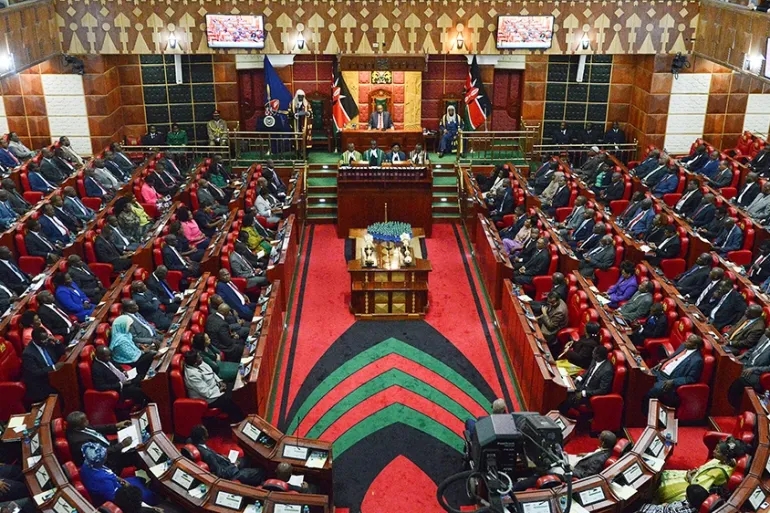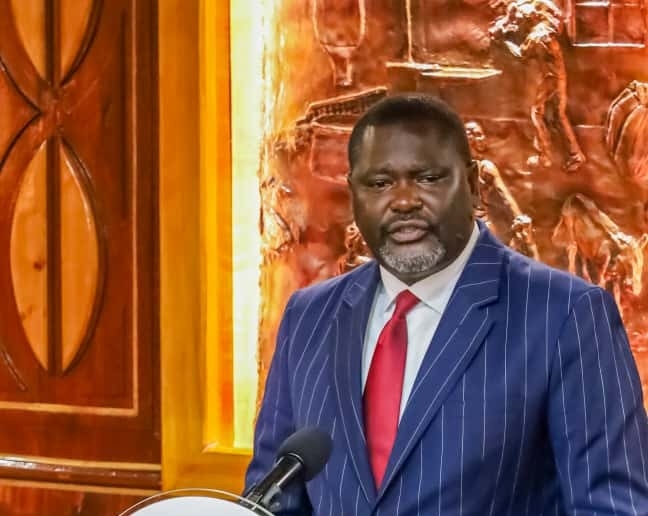Mombasa filmmakers are pushing for the introduction of the Mombasa Film Policy to aid the growth and development of the industry.
Over the last six months, filmmakers, partners and a number of people from the legal fraternity have been converging under the Global Opportunity Youth Network Mombasa to draft the policy.
John Kamau, the creative pathway associate at the network, said they have held four working group engagements with the filmmakers.
“The first convening for the working group was last year and the other three were held this year. We have been meeting for two months. The next meeting will be next month,” he said.
Kamau said they are in the process of formulating a third and final draft, which will undergo public participation before they present it to the county government of Mombasa for adoption.
“We have done the first and second draft and are going to the third draft which will entail a public participation forum in our next engagement,” he said.
“This will involve presenting the proposed draft Mombasa film policy document to the public so that they can analyse it and give us pointers on what they feel is right and what they feel needs to be adjusted.”
Kamau said the policy is important for the growth of the film industry in Mombasa.
He said Mombasa filmmakers experience a myriad of challenges that would have been properly addressed if they had a policy in place.
Kamau said the issue of licensing needs to be centralised because for one to film in Mombasa, they have to acquire a number of licences from different offices.
“Local filmmakers are being charged very high fees as if they are foreigners. In Machakos county for instance, you pay only Sh1,000 to do a film there so long as you mention Machakos in your film. You can’t do that in Mombasa,” he said.
“We are trying to find ways that will make it easy for film makers in Mombasa to do business and create job opportunities.”
Kamau said they have partnered with the Coast Film Association, IP Garage, Alliance Francaise Mombasa, Swahilipot Hub, Little Theatre Club Mombasa and the Technical University of Mombasa, among others, in the push to have the policy in place.
During his campaign, Mombasa Governor Abdulswamad Nassir promised to scrap charges imposed on filmmakers in Mombasa.
“One of the greatest hindrances of the creative economy is the unnecessary charges that we have. My argument is very simple, if someone takes a video and posts it, that person is selling Mombasa as a preferred destination,” he said then.
“We will not hinder, but we will encourage those doing TV series to come onboard so that it is easier for them to tap into local talents than saying they have to bring in talents from outside.”
Nassir also promised to introduce the Mombasa Film Festival, which he said would bring in renowned filmmakers, producers and film-making companies from all over the world to come and sample Mombasa and the local talent.
“We have the Zanzibar Film Festival taking place annually. We want to have a similar thing here where we get foreign producers and directors to come in and notice our local talent. The startup capital you would have won will be the seed capital for you to fully venture into the industry,” he said.
Edited by A.N













